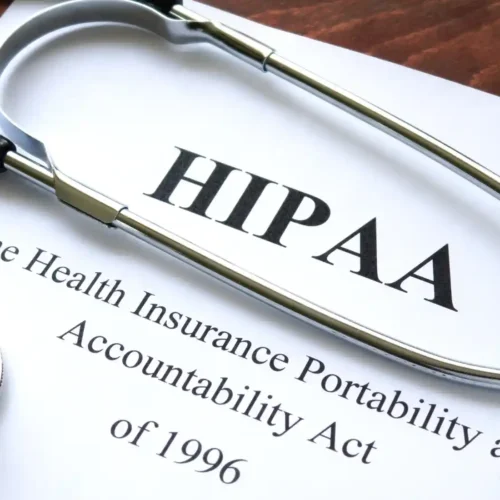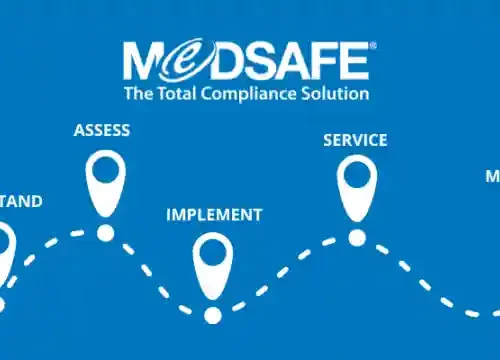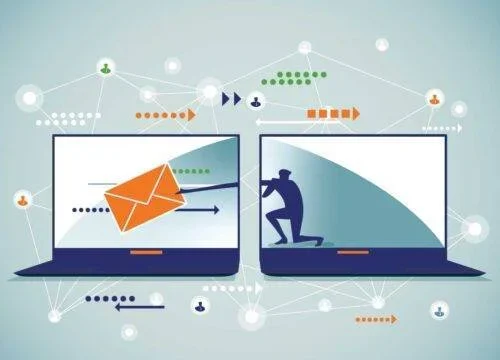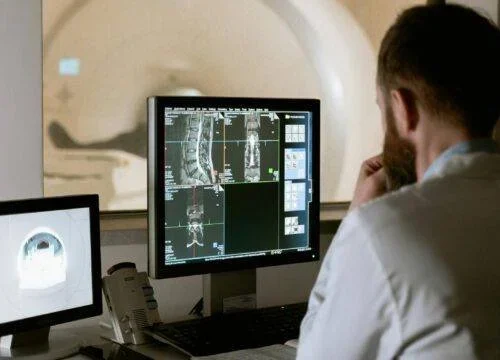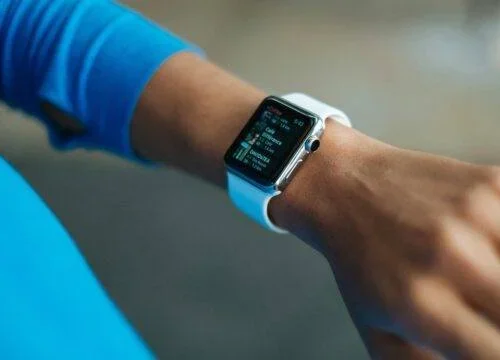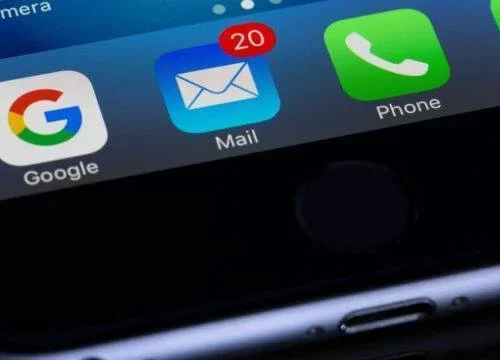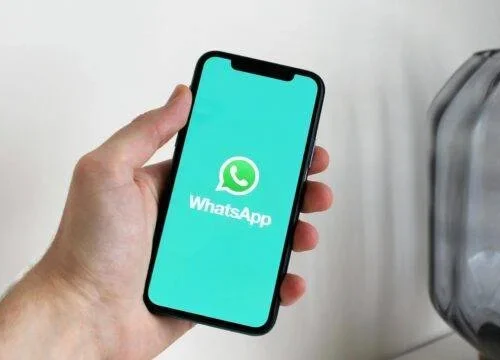In this ever-evolving healthcare landscape, HIPAA’s Right of Access is essential, as it empowers individuals by ensuring they have access to their personal health information to make informed health decisions. The Health Insurance Portability and Accountability Act (HIPAA) serves as a cornerstone in safeguarding individuals’ personal health information. What is the HIPAA Right of Access?...
Author: Tyler Howard (Tyler Howard)
The Road To Compliance
As a compliance partner, MedSafe has developed a strategy to ensure all compliance gaps within our clients’ programs are filled in upon onboarding. The idea is to dive into conversation making an effort to really understand what our clients are looking for, but also to ask questions allowing us to dot the i’s and cross...
How to Spot AI-Generated Phishing Emails
Recognizing the Warning Signs and Safeguarding Against Cyber Risks As the healthcare industry becomes increasingly reliant on digital communications, the importance of healthcare cybersecurity has grown significantly due to the rising threat of phishing attacks. With the emergence of AI technology, cybercriminals have found new ways to craft phishing emails that can deceive even the...
HHS Urges Health Systems to Prioritize Cybersecurity Measures
Healthcare cybersecurity incidents have more than doubled since 2018, and ransomware attacks have surged close to 300%, highlighting the critical importance of HHS cybersecurity measures. This tsunami of cybercrime has led to extensive care disruptions, patient safety risks, and an increased strain on the already overwhelmed healthcare sector. With cybersecurity incidents occurring on an almost...
AI Could Increase the Number of Healthcare Breaches: How Healthcare Organizations Can Mitigate the Risks
Artificial intelligence (AI) has emerged as a transformative force that promises to revolutionize the way care is delivered as we know it. From enhancing diagnostics and patient care to streamlining administrative tasks and contributing to medical research, its potential seems limitless. However, with all of its promises, there are increasing concerns about the many risks,...
Does HIPAA Apply to Wearable Health Technology?
The rapid adoption of smart wearable technology among consumers has been fueling growth across the industry. In fact, the U.S. wearable technology market was valued at 61 billion in 2022 and is expected to see significant growth of nearly 15% from 2023 to 2030. For some, wearable technology is about tracking fitness, but for many these...
How to Spot a Phishing Email (Part 2)
Healthcare phishing scams are a growing concern within the medical industry, targeting both healthcare providers and patients with deceptive tactics aimed at stealing sensitive information. These scams often involve malicious emails or messages that appear to be from trusted sources, such as insurance companies or healthcare institutions, asking recipients to provide personal details or click...
How to Spot a Phishing Email (Part 1)
Welcome to the first part of our email series on the critical topic of how to spot a phishing email, particularly in the healthcare sector. As digital communication becomes increasingly prevalent, the risk of falling prey to these deceptive schemes also grows. These phishing scams often mimic communications from trusted entities like insurance providers or...
Is WhatsApp HIPAA Compliant?
In today’s digital era of instant messaging, healthcare professionals and organizations must consider the security and privacy aspects of the platforms they use to communicate with patients. One very popular messaging app is WhatsApp, with an estimated 2.7 billion monthly active users. WhatsApp is used in healthcare settings for a variety of purposes. In a 2019...
Hospitals and Clinics Among the Most Dangerous Workplaces in America
Hospitals and Clinics Among the Most Dangerous Workplaces in America Hospital workplace violence is a significant concern, making hospitals and clinics among the most dangerous workplaces in America. Staff in these settings face unique challenges, including the potential for encounters with aggressive patients and visitors, or the risk of being caught in chaotic situations involving...
